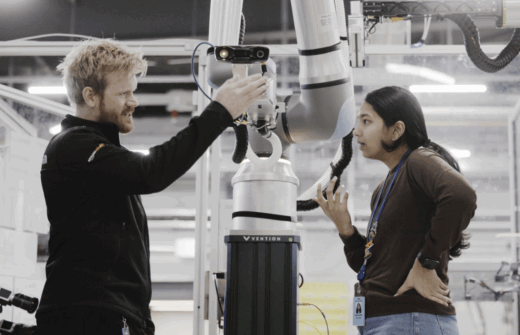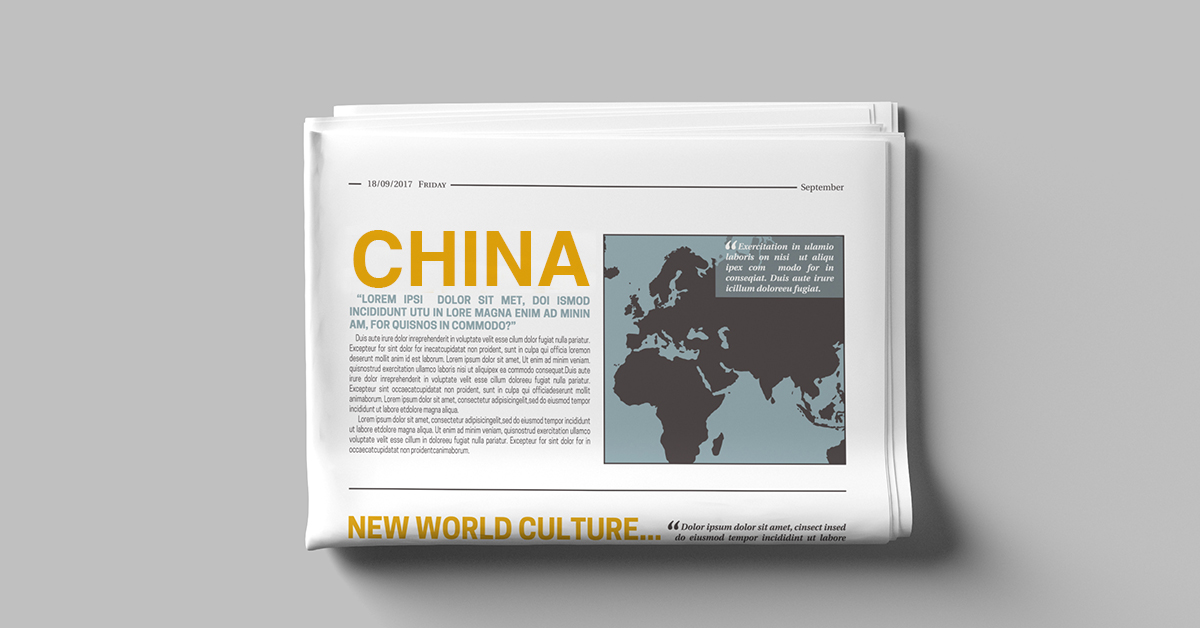Tencent Asserts AI Resilience Amid U.S. Chip Export Restrictions
Tencent has stockpiled enough advanced AI chips to continue developing large-scale models for years, even if U.S. export restrictions tighten further. President Martin Lau said on an earnings call that Tencent would prioritize its chip inventory for high-impact applications like ad systems and foundational AI training. Lau also noted that advances in AI efficiency have reduced the need for massive compute clusters. The company’s confidence comes as U.S. rules threaten chip supply to China and Nvidia flags related revenue risks.
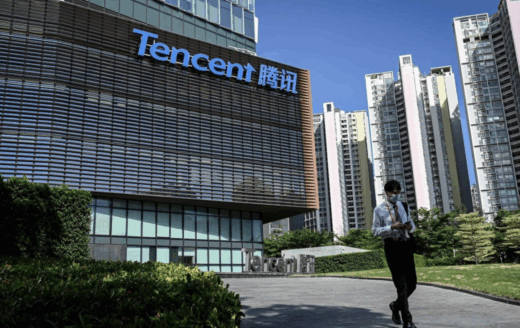
Chinese Student Shatters Microdrone Speed Record at 211.75 mph
Xu Yang, a student at the Chinese University of Hong Kong in Shenzhen, has set a new Guinness World Record by flying his custom-built microdrone, “Prowess,” at 340.78 km/h in Huizhou, Guangdong province. Weighing under 250 grams, the drone features a carbon fiber frame and 3D-printed propellers. Xu’s design surpassed a speed barrier that had stood for three years, marking a significant milestone in micro-UAV engineering.

Nvidia Eyes Shanghai R&D Hub Amid U.S. Export Curbs
Nvidia is planning to build a new research and development center in Shanghai, according to sources, as the U.S. imposes tighter export controls on AI chips bound for China. The site search focuses on Minhang and Xuhui districts. CEO Jensen Huang recently met with Chinese officials to emphasize Nvidia’s commitment to the market, which generated $17 billion last year. The company is also working to adapt by launching downgraded versions of its AI chips that comply with U.S. rules.
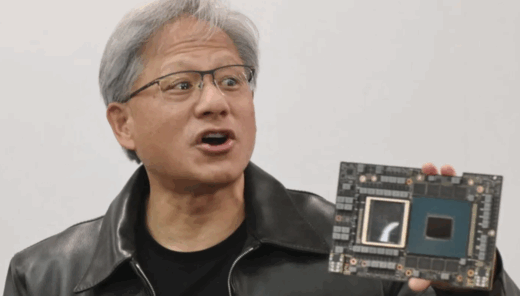
India Approves $435M HCL-Foxconn Chip Plant in Uttar Pradesh
India has approved a $435 million semiconductor joint venture between Taiwan’s Foxconn and India’s HCL Group, marking a major win for the country’s chip ambitions. The plant, to be built in Uttar Pradesh, will produce 36 million display driver chips annually and process 20,000 wafers per month once operational in 2027. The facility is the sixth under the India Semiconductor Mission and the first for the state. It’s expected to create 2,000 jobs and boost domestic electronics manufacturing.
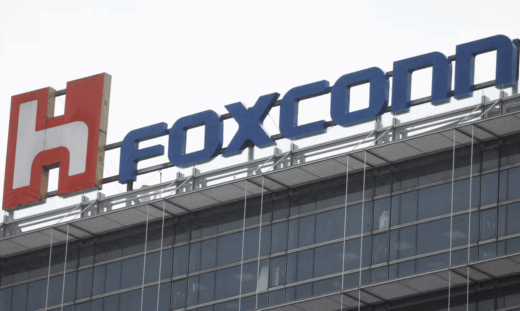
Musk’s xAI Scrambles to Fix Grok After “White Genocide” Controversy
Elon Musk’s xAI has updated its Grok chatbot after it began referencing “white genocide” in South Africa during unrelated conversations. xAI attributed the issue to an unauthorized software change that bypassed internal review and violated company policies. The incident sparked backlash on social media, with users sharing screenshots of the chatbot’s responses. In response, xAI announced plans to publish Grok’s system prompts on GitHub for transparency and implement 24/7 human monitoring to catch problematic outputs. The South African government has dismissed claims of white persecution as unfounded.
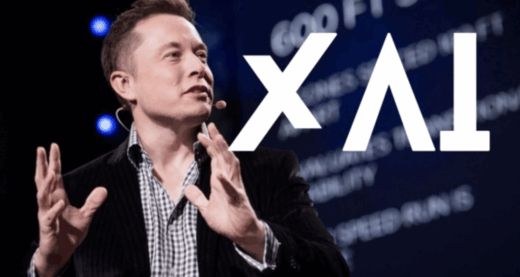
TikTok Introduces Teen Meditation Feature Amid Legal Scrutiny
Facing lawsuits and political scrutiny, TikTok is launching a meditation feature for users under 18, auto-activating at 10 p.m. to interrupt scrolling with guided rest prompts. The tool is part of a broader mental wellness push, including $2.3 million in ad credit donations to mental health organizations. The move comes as 14 U.S. attorneys general sue TikTok, alleging its design harms minors and collects their data. TikTok denies wrongdoing, asserting compliance with youth protection laws.
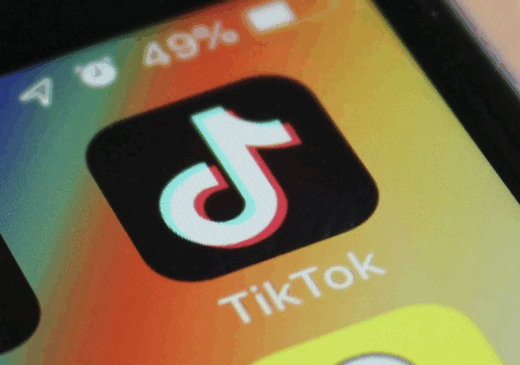
Amazon’s New Robot Ushers in a New Kind of Warehouse Job
Amazon has introduced a new robot called Vulcan to assist with physically demanding warehouse tasks, such as reaching high shelves. As automation increases, Amazon is retraining some workers to become robotic technicians, floor monitors, and maintenance engineers. The goal is to offer new career paths instead of simply replacing jobs. While not all roles will transition one-to-one, Amazon emphasizes upskilling as a strategic response to workforce disruption. Vulcan is part of Amazon’s broader automation effort, which includes humanoid bots and robotic arms.
